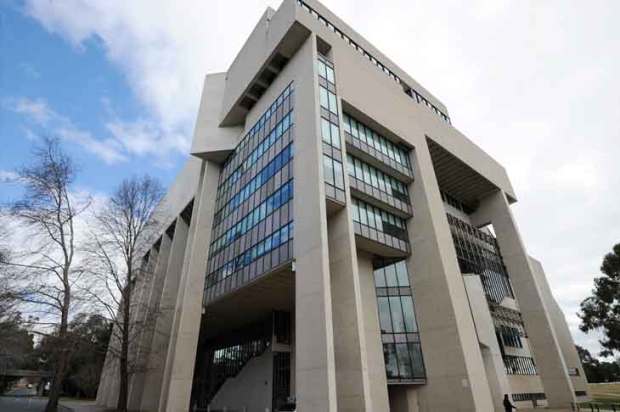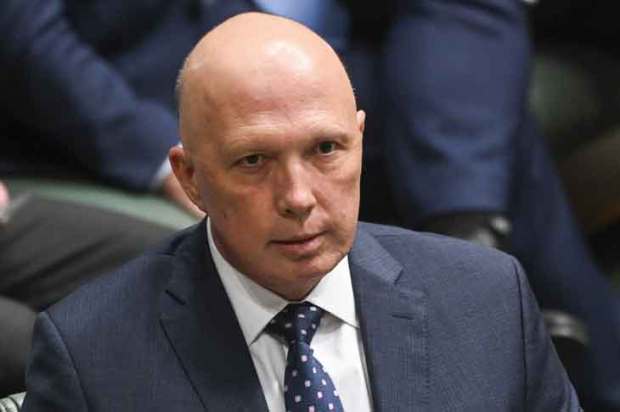For eight years during the Vietnam War, the US military conducted daily press briefings in a bar on the roof of Rex Hotel in Saigon. The phrase ‘Five O’Clock Follies’ become part of media vocabulary to refer to official efforts to control the narrative and the standard against which to measure the erosion of government credibility.
Every press briefing on electric vehicles (EVs) recalls that catastrophic mismanagement of the gulf between official claims and the evidence the reporters could see.
Fossil-fuelled energy powered the explosive lift-off from subsistence lifestyle that had condemned the masses to nasty, brutish and short lives. Mimicking the surge in the growth of the democratisation of access to education, health and wealth over successive generations, China, India and others have adapted, in accelerated overdrive, the strategies of the industrial revolution to break free from their own misery-ridden lives.
The Covid era saw a reversion to the feudal division between the laptop and working classes. Part of that was the hypocrisy of the ruling class flouting the rules imposed on everyone else, mingling merrily and maskless with partygoers from the world of financial, political and cultural privileges. But serving staff were compelled to wear masks. The Davos crowd fly in on private jets and are chauffeured around in gas-guzzling limousines when they assemble to hector us to abandon our cars and flights. In May, a Briefing Paper from the World Economic Forum advocated a 75-per-cent reduction of automobiles by 2050.
Against the weight of historical evidence on the folly of picking winners, governments seem determined to transition to EVs. Since the market is unable to incentivise the switch, generous public subsidies are offered. Consumers didn’t have to be bribed to switch from bicycles to automobiles; convenience and affordability were sufficient. Entrepreneurs didn’t require subsidies to shift capital into manufacturing cars and establishing a network of service stations; the profit motive was enough. Yet, despite the bribe-and-bully efforts by governments, demand for EVs badly lags supply. In July, Volkswagen halted EV production in its Emden plant and laid off 300 staff. Yes, ‘n’ how many cars must the people refuse to buy, before this fool’s gold is buried?
EVs have experienced many bad car days of late from rapidly falling resale value and ‘charge rage’ at too few plug-in points, to ships consumed by fire. EV fires may be less frequent than petrol vehicles but because lithium batteries are highly flammable and chemical reactions with oxygen make them burn at higher temperatures, they are much harder to extinguish. In January, following a risk assessment, the Norwegian company Havila Kystruten decided to prohibit EVs from its ferries. In September, a broken down Tesla that couldn’t be moved caused nine hours of commuter chaos on the A36 near Salisbury, UK; an EV parked in the driveway exploded and set a family home on fire in Liverpool; and five cars were destroyed at Sydney airport after the detached battery of a luxury EV ignited. On 1 October, an EV malfunctioned and ‘kidnapped’ its driver after it took charge of where to go. Steeply rising costs have led to staggering 60 to 940-per-cent jumps in insurance premiums in the UK. The ‘medley of [fire] risks’ from EVs could require wider indoor parking spaces. How long before EVs become uninsurable?
Range anxiety is ever present. Heavier batteries mean some bridges and upper-storey parking lots could collapse with too many EVs. Heavier weight also means bigger tyres and more wear and tear on roads. The number of free chargers falls with soaring energy costs. Increasing numbers of EVs impact electricity prices under the law of supply and demand. Increasing take-up will put added pressure on public finances and require a progressive shift of cost-recovery user charges to EV owners. If we measure emissions at the end of the exhaust pipe, EVs are super.
If, however, we look at the life cycle of cars from supply chains to final disposal, from all the components (for example, nickel) to the coal-powered manufacturing process that is more carbon-intensive by several factorfold, and the mix of fuels producing electricity, then EVs are not a great way to cut emissions.
The problem of carbon-intensive production is worse with Chinese EV imports, which also puts emission goals in conflict with strategic goals. Taxpayers are effectively paying Chinese manufacturers to undercut Western petrol cars. Should EV charging stations be required to use only renewables-generated electricity, with pricing to match? Not to mention the innumerable hidden costs of renewables, including transmission infrastructure, metal and minerals mining, land acquisition, and decommissioning costs. EVs require 173kg more minerals per vehicle than petrol cars. There are also the uncomfortable facts of child labour in Congolese cobalt mines and diversion of water from agriculture and human consumption to lithium production in South America.
Socialists condemn the deplorables to the equal sharing of misery while shielding the privileged elite from shortages and the price impact of economically ruinous policies. The de-industrialisation of the capitalist economy could prove to be a precursor to the re-feudalisation of society. This makes the EV-petrol clash part of the culture wars between climate change missionaries and anti-elitist pragmatists. The industrial revolution and the automobile revolution made possible by the invention of the internal combustion engine freed the people of the need for permission from the government on when and where to live, work, and travel. A scarcity and command economy will reimpose the dead hand of the state on businesses while making the people dependent on the government for the basic necessities of food, clothing and shelter. A consumer hell awaits down this highway to a socialist paradise. Electricity production is in the hands of public utilities that are under government control. Coincidence? About the same as rent-seeking renewable business support for green goals. Follow the lines of political power along with the money in the Big State-Big Green collusion and you’ll be right with your grasp of what is happening and why.
Keeping the petrol car for a few years more may be a more climate-friendly as well as pocket-friendly choice. Among other pivots, Rishi Sunak has pushed back the end of petrol cars from 2030 to 2035. As virtue-signalling ambition collides with hard economic facts and political reality, we can expect more such retreats. More importantly, Sunak is driving the conversation into recognition of the necessity of trade-offs. The road to green paradise is paved with hidden costs.
Costly to buy and maintain, difficult to insure, anxiety-inducing and hazardous to run and park, and rapidly depreciating in value: what’s not to like?
Got something to add? Join the discussion and comment below.
You might disagree with half of it, but you’ll enjoy reading all of it. Try your first month for free, then just $2 a week for the remainder of your first year.













